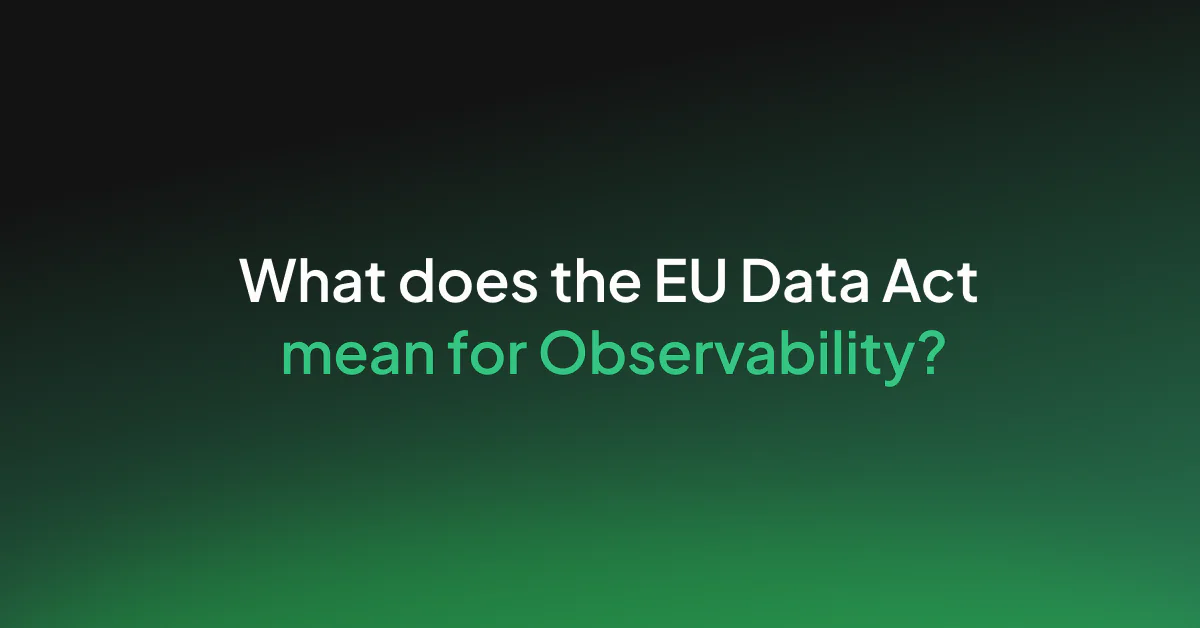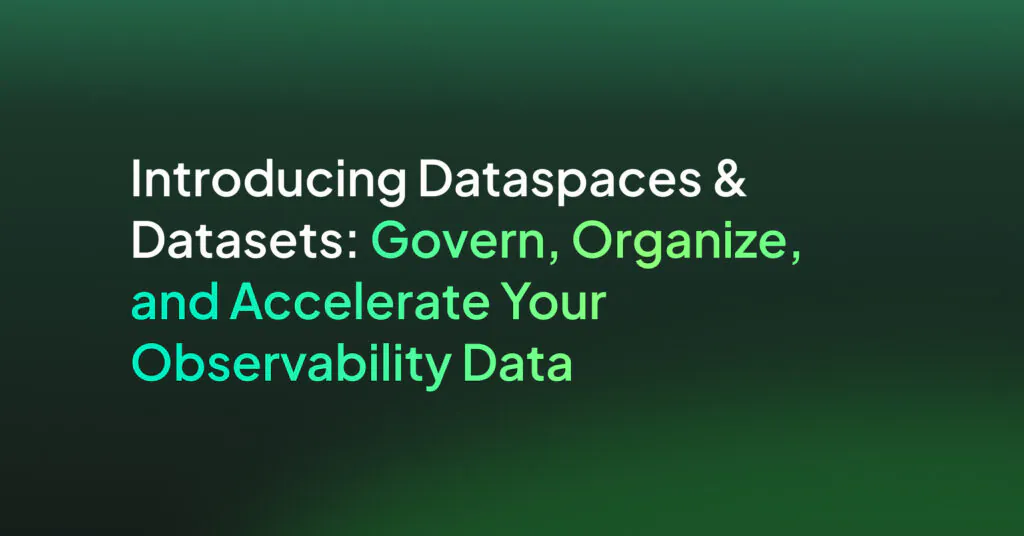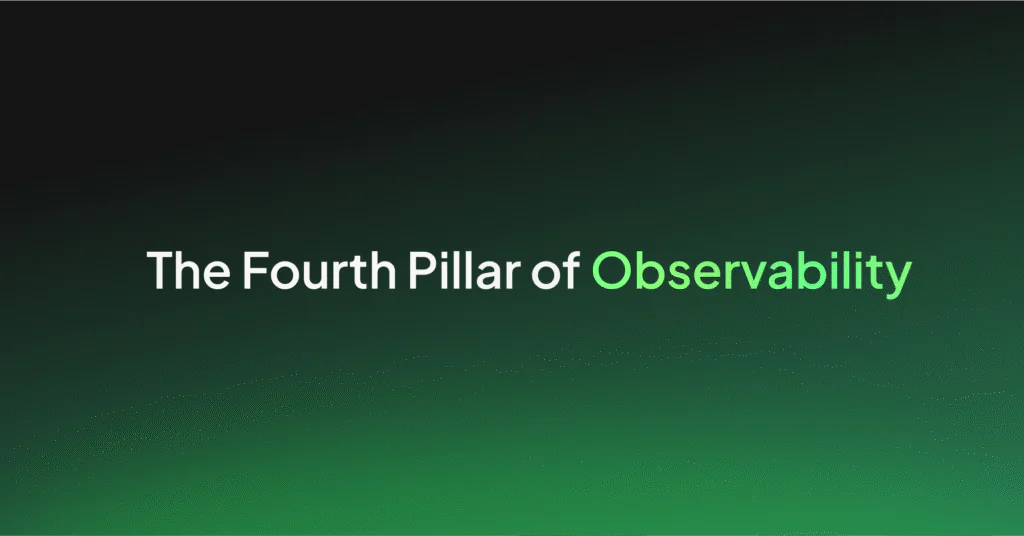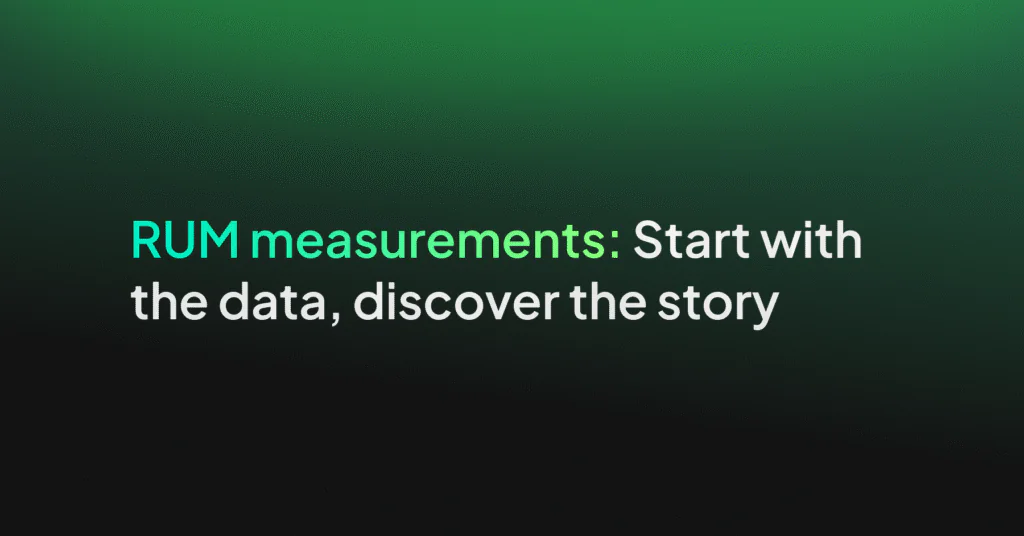What does the EU Data Act mean for Observability?

The EU Data Act came into effect on January 12th, 2024 and most of its provisions apply from September 12th, 2025. The EU Data Act is designed to give individuals and businesses more control over the data they generate, ensuring fair access, use, and sharing across sectors. For any data generating platform that intends to operate in the European Union, this new legislation matters.
What does it mean for observability vendors?
In the world of SaaS observability, managing customer telemetry and making it accessible is a central requirement. The EU Data Act has some very clear requirements from vendors to ensure that they’re compliant. Those that apply to SaaS stipulate that:
- Users must be able to access their data that is generated by the platform. That data must also be shareable with third parties. This requirement is called Data portability.
- Users must be able to switch services by supporting data portability, standard interfaces, and minimizing lock-in.
- If data is moved outside the EU, users must apply safeguards to prevent unlawful access by foreign authorities.
- Contractual terms must be “fair”, meaning they can not significantly deviate from good commercial practice, or grossly benefit one party.
In short, users must be able to do whatever they like with their data, they must be able to switch providers easily and they must safeguard the movement of data out of the EU.
Does the EU Data Act pose a problem for traditional SaaS observability?
Traditional vendors have a common model that makes compliance with the EU Data Act a challenge. The traditional model advocates for high performance storage with indexes, meaning in order to access data, customers must store it on the SaaS vendor’s solution. It also typically encourages the use of vendor-locked integrations, such as the DataDog collector or Grafana Alloy. This creates a number of complexities.
- Traditional SaaS vendors now have to work out how to make the data that they’ve held in their own environment portable. This poses a complex challenge, because it likely has not been built into their environment.
- The EU Data Act demands that customers can easily switch providers by leveraging standard interfaces. Those standard interfaces exist (for example, OpenTelemetry), meaning that the use of proprietary interfaces could be considered in violation of the act.
- The model of customers paying to extract their data (consumption models that charge per query) may find themselves in violation, if a customer wishes to extract all of their data with the intention of moving to a different platform.
These challenges will not only impact the SaaS vendor themselves, but it will hit the customer. As this act is rolled out, non-compliant solutions will be seen as a risk, and for larger organizations like banks or healthcare providers, this risk will be a problem.
How does Coralogix handle the EU Data Act?
Coralogix is naturally compliant with all facets of the EU Data Act. Our Streama architecture stores data, at rest, in the customers cloud object storage. If customers wish to move their data, they can. Customers can access their data, whenever they like, using our DataPrime engine, but if customers wish to query or otherwise access their data using 3rd party tools, this is frankly none of our business.

Our commitment to OpenTelemetry extends to our white glove migration support, meaning that whether you onboard using your own internal engineers, or you leverage the expertise that Coralogix brings by partnering with your organisation, your integration is always completely open source. Open source integrations are the best way to protect consumer rights, and this is why we always lean towards open source integrations first and foremost.
Finally, our pricing model contains no loopholes or hidden fees. We charge exclusively by data volume, and nothing else. This means no surprise fees or sudden overages that can be snuck into more complex pricing models that have multiple dimensions.
Looking for a compliant solution?
You can book a demo today with our sales teams to learn more about Coralogix and find out if this solution will ensure that you remain compliant with the EU Data Act (including many others), while enjoying access to one of the most comprehensive observability tools on the market.

Disclaimer
This blog post is provided for general informational purposes only and does not constitute legal advice. You should not act or refrain from acting based on the content of this post without seeking appropriate legal or professional advice specific to your circumstances.




